Many children with Attention-Deficit/Hyperactivity Disorder (ADHD) continue to experience symptoms as adults, though these symptoms tend to look a bit different in adulthood.
Symptoms of ADHD in adulthood oftentimes appear more subtle and as causing less impairment in overall functioning, likely because adults with ADHD have learn ways over time to compensate and accommodate for symptoms.
To meet criteria for adult ADHD, symptoms such as the following must be present, including some that began in childhood: inattention (e.g., failing to give close attention to details, difficulty following through with tasks and staying organized, forgetful, easily distracted, avoiding effortful tasks, losing things) and/or hyperactivity-impulsivity (e.g., fidgeting, feeling “on the go” and physically restless, excessive talking, interrupting, difficulty waiting). These symptoms must clearly interfere with or reduce the quality of functioning in at least two different settings, such as work and home.
Many adults with ADHD struggle the most with memory and attention, which can cause significant problems at work, in relationships, and with important life tasks such as managing finances. Adults living with ADHD may feel exhausted, ineffective, and overwhelmed much of the time, which can lead to low self-esteem, shame, and feelings of depression.
Effective treatment for ADHD typically involves a combination of cognitive-behavioral therapy and medication (stimulant or non-stimulant). In working with an experienced psychologist, adults with ADHD will learn how to implement cognitive-behavioral and executive functioning strategies in their lives. For example, psychologists teach clients how to increase their awareness of dysfunctional, self-defeating thought patterns that can interfere with daily functioning, replacing them with more helpful, adaptive thoughts. Clients also learn practical strategies to tackle procrastination and improve time management. Trained psychologists can also offer support in medication education and helping clients connect with a physician for medication evaluation and management. Adults with ADHD may also benefit from marriage and family counseling to improve communication and identify ADHD related patterns that might be contributing to family stress.
